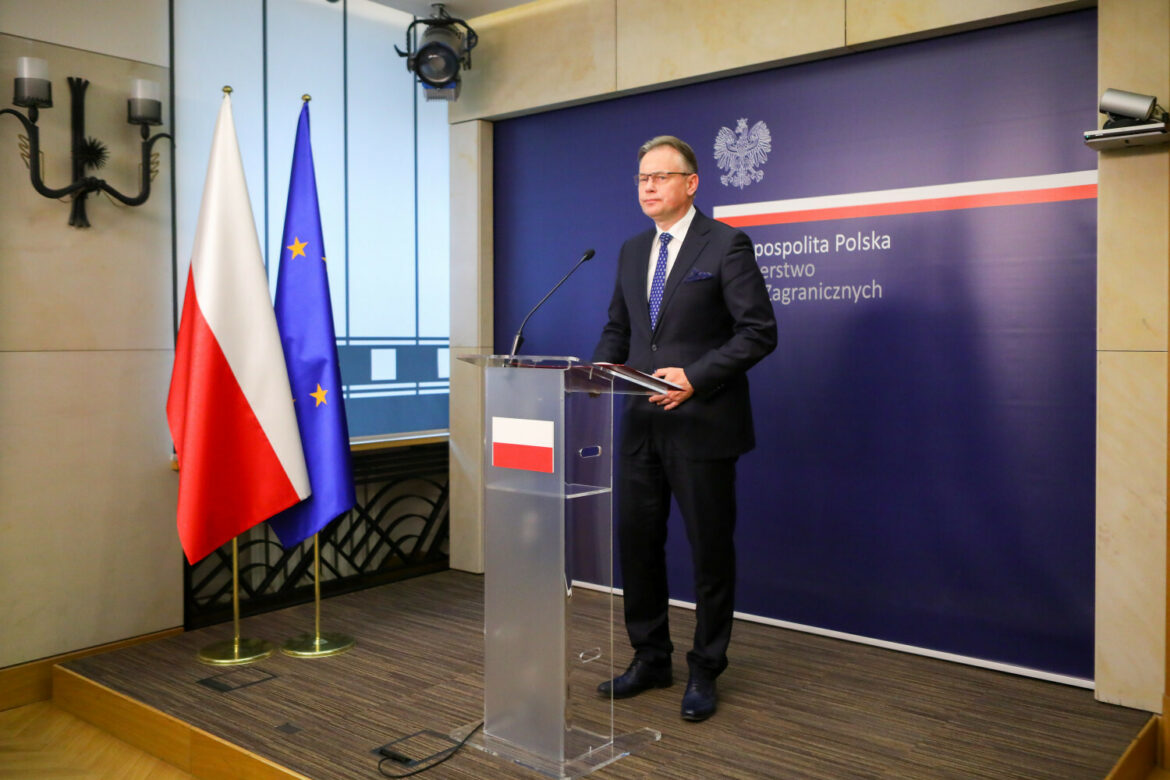During a visit to Germany, Deputy Foreign Minister (MSZ) Arkadiusz Mularczyk proposed the creation of a new platform for Polish-German dialogue. According to him, this would be a way to bring positions on difficult issues closer together. The deputy minister met in Berlin, among others, with Dietmar Nietan – coordinator of the German foreign ministry for German-Polish inter-community and border cooperation.
“I proposed that an attempt be made to create a formula for dialogue based on a German-Polish friendship group, with representatives from all formations of the Bundestag, ruling and opposition parties. Dietmar Nietan accepted the concept in a positive manner. On 22 May we are planning to organise a meeting in this format, where we could discuss points of disagreement between our governments”, announced the Deputy Foreign Minister.
Deputy Minister Mularczyk added that there is still no decision on the construction of a monument to Polish victims of World War II in Berlin. He acknowledged that ‘negotiations continue in murky water’. He said that the issue should be raised on the political agenda.
During the talks in Berlin, the deputy head of the Foreign Ministry also spoke about the Union of Poles in Germany, whose property was nationalised during the war and whose activists were murdered. Poland is demanding a return to discussions on this property, the repeal of the decree and the rehabilitation of the union’s representatives.
The Deputy Foreign Minister admitted that the topics contained in the diplomatic note should be the subject of detailed discussions with the German government.
„I get the impression that to a large extent there is a lack of awareness of the German public and politicians regarding our claims and a lack of knowledge, but there is also a certain conspiracy of silence on the part of the political class, which does not want to raise this issue, because it is aware that this could be some kind of Pandora’s box for Germany. Unfortunately, these are the costs of the activities of their great-grandfathers, grandfathers and fathers and they must face it”, he assessed.
Arkadiusz Słomczyński





